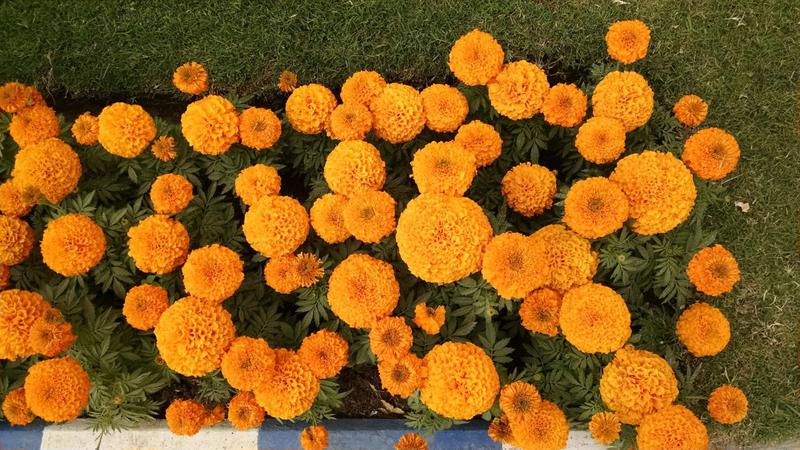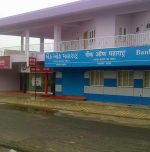Nikamwadi: Blossoming into prosperity

In the heart of Maharashtra, Nikamwadi village shines as a beacon of agricultural transformation.
Initially dominated by traditional crops like sugarcane and turmeric, a significant shift towards floriculture has redefined its landscape and economy.
This transformation began around 2005, when a few visionary farmers, inspired by local agricultural officers, ventured into flower cultivation.
Today, with 200 acres dedicated to floriculture, the village, home to 170 households, thrives as a vibrant flower village.
Flower farming has not only improved the village’s economic status but also stemmed the tide of urban migration.
Young villagers, seeing the lucrative returns from floriculture, now eagerly embrace farming.
Marigolds and chrysanthemums paint the fields with vibrant hues, yielding an impressive annual income of ₹2 to ₹3 lakhs per acre.
Despite the challenges of transporting their perishable goods over 100 km to Pune’s Gul Tekdi market, the farmers’ efforts pay off as their blooms adorn homes, temples, and commercial establishments across the bustling city.
This hardy spirit has placed Nikamwadi at the forefront of Maharashtra’s floriculture scene, contributing significantly to the state’s 13,440 hectares of flower cultivation.
The village’s success story extends beyond marigolds and chrysanthemums.
Farmers here are diversifying with high-value crops like roses, carnations, and gerberas, and even experimenting with intercropping practices. These include pairing flowers with all-season parsley to meet the demand in urban eateries.
Nikamwadi’s journey from traditional agriculture to a flourishing floriculture hub is a testament to the power of innovation and community spirit.
By sharing knowledge and resources, the villagers have not only enhanced their livelihoods but also set a precedent for sustainable agriculture.
This collective effort underscores the potential of floriculture as a viable path for rural prosperity, encouraging neighbouring villages to follow suit.
As Nikamwadi continues to grow and inspire, it stands as a symbol of how embracing change and innovation can transform the fate of a community. Also, it proves that even the smallest villages can make a significant impact on the agricultural tapestry of a nation.
Years back a handful of farmers of Nikamwadi, a village located in the Krishna river basin in Satara took the initiative to grow flowers at the suggestion of the local Taluka Agriculture Officer.
Sixteen years later this village of 170-odd households has come to be known as Phulancha Gaon (flower village).
Image by Fahim from Pxhere (Free for commercial use / CC0 Public Domain)
Image Reference: https://pxhere.com/en/photo/1599403










Leave a Reply